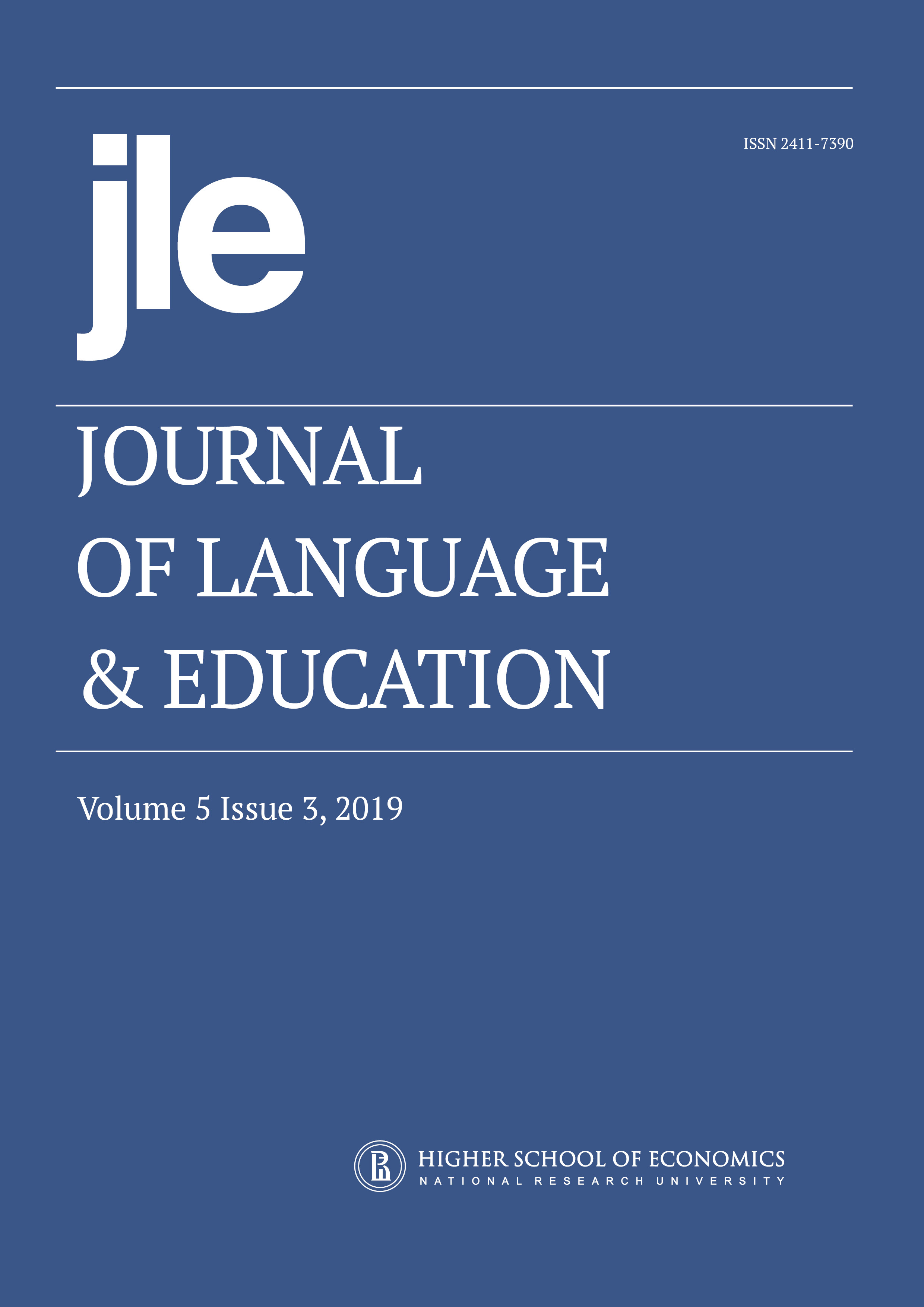Literacy: From the Perspective of Text and Discourse Theory
Abstract
Literacy is a critically important and contemporary issue for educators, scientists, and politicians. Efforts to overcome the challenges associated with illiteracy, and the subsequent development of literate societies, are closely related to those of poverty reduction and sustainable human development. In this paper, the authors examine literacy from the lens of text and discourse theorists who focus on the higher-order comprehension processes involved in literacy. Discourse processing models make the assumption that comprehension emerges from the construction of a mental model of the text, which relies on the reader generating inferences to connect ideas within the text and to what the reader already knows. The article provides a broad overview of the theoretical models that drive research on text comprehension and production, as well as how this research shapes literacy instruction and effective interventions. The authors focus on two interventions with proven success in improving deep comprehension and writing, iSTART and the Writing Pal. Increasing literacy across the world call for a greater focus on theory driven strategy interventions to be integrated within classrooms and community at large.
Downloads
Copyright (c) 2019 National Research University Higher School of Economics

This work is licensed under a Creative Commons Attribution 4.0 International License.
Authors who publish with this journal agree to the Copyright Notice.



